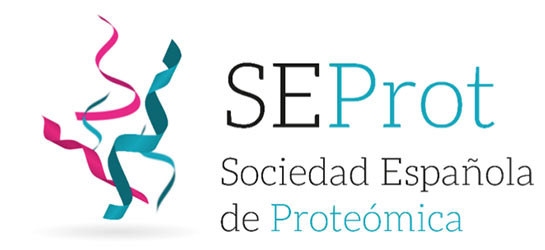Integrative Multi-omics Analysis to Characterize Human Brain Ischemia
Laura Ramiro, Teresa García-Berrocoso, Ferran Briansó, Leire Goicoechea, Alba Simats, Víctor Llombart, Ricardo Gonzalo, Alexandre Hainard, Elena Martínez-Saez, Francesc Canals, Jean-Charles Sanchez, Alex Sánchez-Pla & Joan Montaner
Molecular Neurobiology (2021); DOI: s12035-021-02401-1
Abstract:
Stroke is a major cause of death and disability. A better comprehension of stroke pathophysiology is fundamental to reduce its dramatic outcome. The use of high-throughput unbiased omics approaches and the integration of these data might deepen the knowledge of stroke at the molecular level, depicting the interaction between different molecular units. We aimed to identify protein and gene expression changes in the human brain after ischemia through an integra- tive approach to join the information of both omics analyses. The translational potential of our results was explored in a pilot study with blood samples from ischemic stroke patients. Proteomics and transcriptomics discovery studies were performed in human brain samples from six deceased stroke patients, comparing the infarct core with the corresponding contralateral brain region, unveiling 128 proteins and 2716 genes significantly dysregulated after stroke. Integrative bioinformatics analyses joining both datasets exposed canonical pathways altered in the ischemic area, highlighting the most influential molecules. Among the molecules with the highest fold-change, 28 genes and 9 proteins were selected to be validated in five independent human brain samples using orthogonal techniques. Our results were confirmed for NCDN, RAB3C, ST4A1, DNM1L, A1AG1, A1AT, JAM3, VTDB, ANXA1, ANXA2, and IL8. Finally, circulating levels of the validated proteins were explored in ischemic stroke patients. Fluctuations of A1AG1 and A1AT, both up-regulated in the ischemic brain, were detected in blood along the first week after onset. In summary, our results expand the knowledge of ischemic stroke pathology, revealing key molecules to be further explored as biomarkers and/or therapeutic targets.
Enlace: DOI: s12035-021-02401-1

